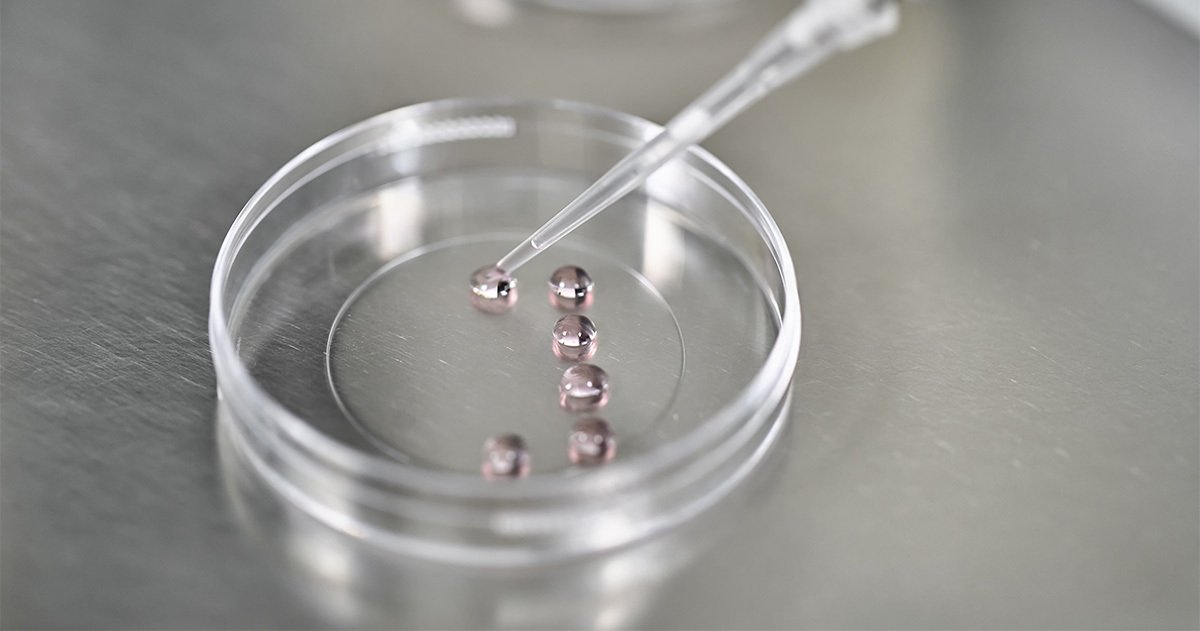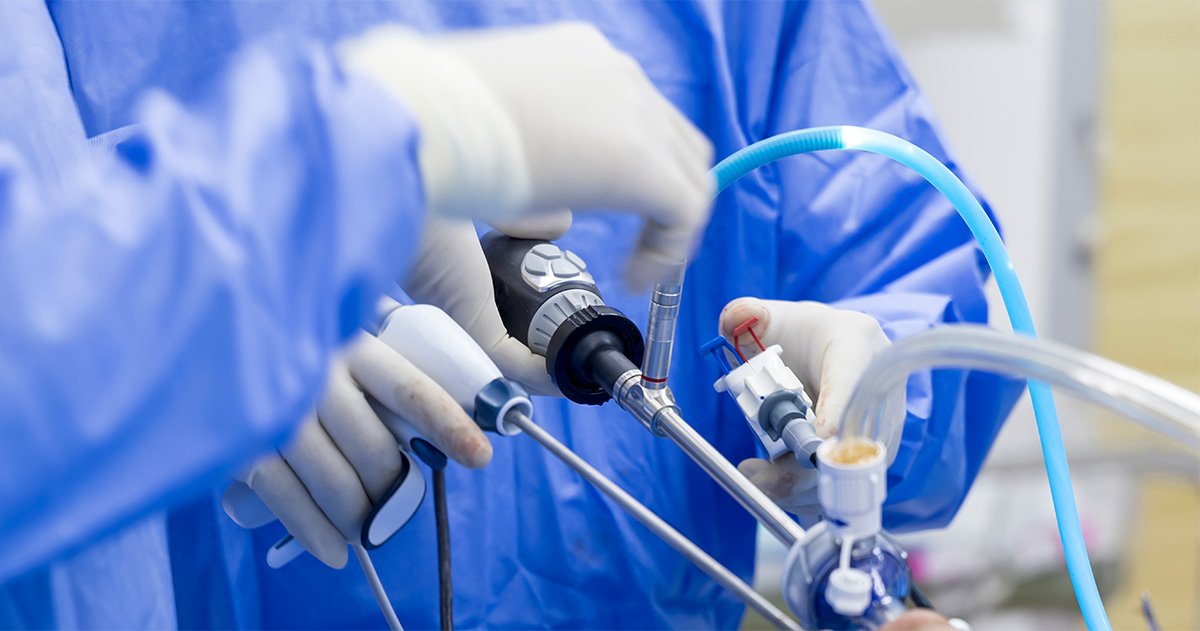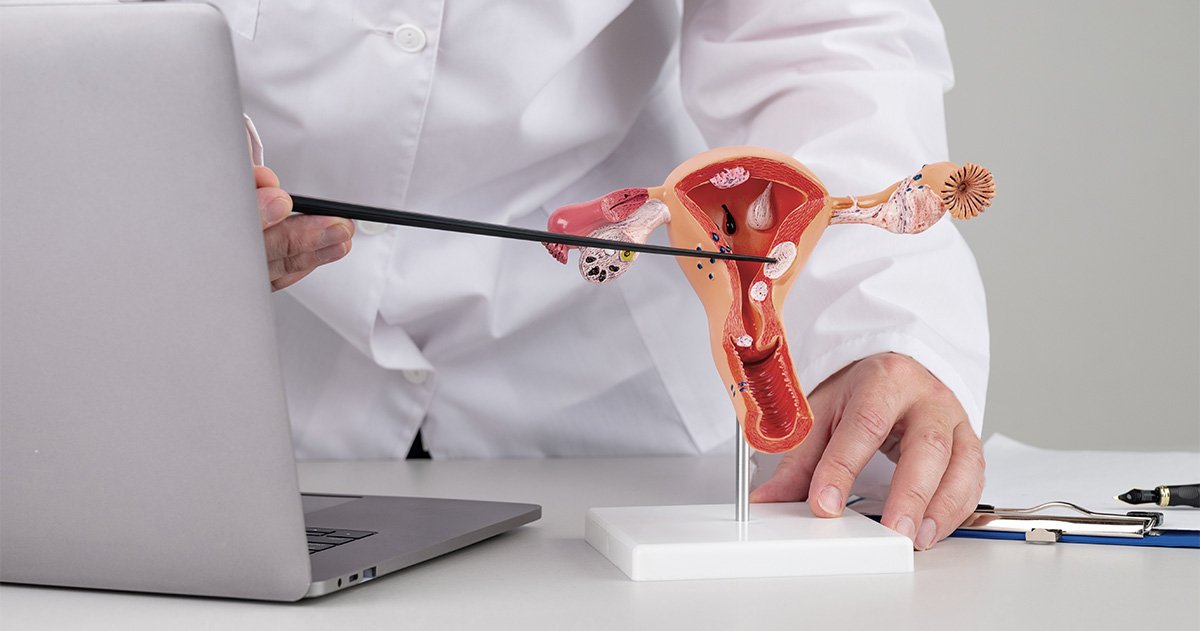Obstetrics & Gynaecology is the medical specialty with a focus on women’s reproductive health, pregnancy, and childbirth. Obstetrics refers more to focus on pregnancy care, childbirth and postnatal care. On the other hand, Gynaecology refers to the diagnosis and treatment related to women’s reproductive health.
Caring for your pregnancy — What to expect?
During pregnancy, it’s essential to make sure both you and your baby stay healthy. Here’s a general timeline of what to expect during pregnancy:
|
First Trimester (Weeks 1 to 12) |
In the first 12 weeks of pregnancy (1st trimester), scans are important to confirm the viability of the location within the womb. Repeat scans are important to determine the estimated due date and identify any multiple pregnancies.
At the end of the first trimester, a First Trimester cum Down’s Syndrome screen will be offered to all pregnancies. |
|
Second Trimester (Weeks 13 to 27) |
A foetal abnormality scan at 18-21 weeks of gestation will be scheduled to confirm whether your baby is developing normally. |
|
Third Trimester (Weeks 28 to 40) |
In the final trimester, your baby will be monitored closely for growth and you will be screened for gestational diabetes. |
“It is important to go on this journey with the couple and provide the support that they need. That means being more than a doctor addressing their medical needs, but providing personalised treatment for the best possible outcomes.”
Dr. Tan Heng Hao is dedicated to being with you through every stage of your pregnancy, from conception to birth. He believes that holistic care means more than just addressing fertility — it’s about guiding you through the entire pregnancy experience. With personalised treatment plans, the latest medical advancements, and a deep understanding of your needs, Dr. Tan is committed to supporting you, ensuring both you and your baby are cared for throughout these 40 weeks.
Is the care for my IVF pregnancy any different?
While many IVF pregnancies are uncomplicated, there is a higher risk of adverse perinatal outcomes, primarily due to the increased likelihood of prematurity and low birthweight. Older age and previous pelvic surgeries for gynaecological conditions are also common among IVF patients, contributing to higher risks during pregnancy.
Thankfully, there are several ways to ensure a safer IVF pregnancy. Regular monitoring, personalised care, and appropriate medical interventions:
- Low-dose aspirin — In selected cases, low-dose aspirin may be recommended before 16 weeks to reduce the risk of high blood pressure and fetal growth complications later in the pregnancy.
- More comprehensive screening — A discussion on Down syndrome or chromosomal screening between 11-14 weeks is crucial, especially as IVF patients tend to be older.
- Cervical assessments — Due to the risk of preterm delivery, cervical assessments between 16-22 weeks using transabdominal or transvaginal ultrasound may be conducted.
- Foetal growth assessment — A foetal growth assessment is recommended during the third trimester for IVF pregnancies to monitor development.
- Possibility of operative deliveries — There is a higher likelihood of operative deliveries, such as instrumental vaginal deliveries or caesarean sections.
- Weekly antenatal visits — More frequent antenatal appointments starting from 36 weeks may be necessary due to the increased risk of stillbirth.
- Shared decision-making — Since there is no definitive evidence on the best time to deliver an IVF pregnancy, shared decision-making is encouraged to determine the ideal delivery time before the due date.
Gynaecology
Gynaecology focuses on the diagnosis and treatment for various conditions related to women’s reproductive health. With advancements in medical technology, women can now benefit from a range of specialised treatments tailored to their needs.
Treatment of benign gynaecological conditions
Common gynaecological conditions include:
- Fibroids — Non-cancerous growths found in or on the uterus, which can cause symptoms such as heavy periods and pelvic pain.
- Ovarian cysts — Fluid-filled sacs found in or in the ovaries, causing bloating, pain or irregular periods.
- Endometriosis — A condition where tissue similar to the uterine lining grows outside of the uterus, leading to pain, heavy periods and fertility complications.
- Polycystic Ovarian Syndrome (PCOS) — A hormonal disorder where the ovaries produce excess male hormones, causing irregular periods, weight gain and fertility problems.
- Pelvic Inflammatory Disease (PID) — Infection of the female reproductive organs, typically caused by sexually transmitted infections (STIs)
Advanced Minimally Invasive Surgery (MIS)
Minimally invasive surgery for gynaecological conditions, such as fibroids and ovarian cysts utilise advanced techniques such as laparoscopy and hysteroscopy. Compared to traditional open surgeries, MIS offers benefits such as:
- Smaller incisions
- Shorter recovery times
- Reduced scarring and better cosmetic outcomes
- Reduced chances of post-operative complications
- Minimal discomfort
- Shorter hospital stay
Minimally invasive gynaecological surgery allows for precise treatment and helps preserve fertility and improve overall reproductive health.
Fertility Surgery
Fertility surgery is often recommended to address conditions that impact a woman’s ability to conceive, such as repairing or removing blocked fallopian tubes, treating endometriosis, or removing fibroids. The process begins with a comprehensive diagnosis which will allow your doctor to create a personalised treatment plan tailored to your specific needs for the best possible outcome.
It is often about the restoration of the pelvic anatomy, and usually involves minimally invasive gynaecological surgery. These procedures aim to restore normal reproductive function and improve the chances of a spontaneous pregnancy. In addition, it aims to optimise the pelvic environment to augment the success of IVF and IUI treatments.
In 2009, Dr. Tan Heng Hao deepened his expertise in reproductive surgery by undergoing advanced endoscopy training at Chang Gung Memorial Hospital, Taiwan, through the Asia-Pacific Association for Gynaecologic Endoscopic Surgeons. Since then, he has delivered numerous presentations and authored several research articles on the subject.
He firmly believes that reproductive surgery isn’t just about performing the procedure—it’s about executing it with precision and carefully timing it to optimise the success of your fertility treatments.





